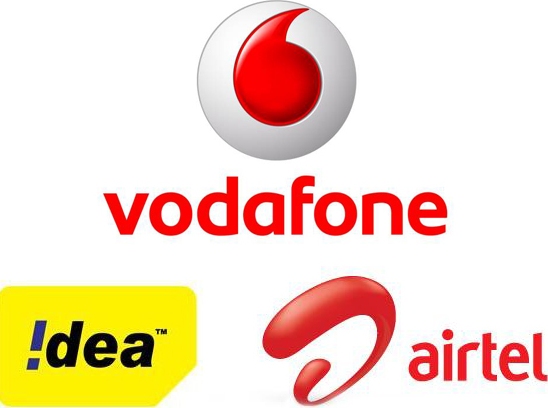  Cellular Operators Association of India, which represents companies like Bharti Airtel, Vodafone, Idea Celluar, has said that TRAI's assessment of the impact of high spectrum price on tariff "continues to be based on some very tenuous and unrealistic assumptions".
"TRAI has assured the EGoM that tariffs would remain affordable, industry profitability will increase and the government revenues will grow ...catch however is that the TRAI assessment continues to be based on some very tenuous and unrealistic assumptions," COAI said in a statement.
“Trai, while arriving at the tariff impact, had assumed the minutes of usage (MOU) would increase from 327 in FY12 to 410 by FY16. This is contrast to the last four years, where MOU per subscriber per month has declined from 455 minutes in FY08 to 327 minutes in FY12” the GSM lobby said.
"It is submitted that any SUC which is higher than existing rates will not allow the government to move to a uniform rate regime as there will be no incentive for existing spectrum holders to "migrate" to a higher rate regime. Differential SUC for different quanta/bands of spectrum will give rise to arbitrage opportunities and also result in a regime that is impossible to monitor and enforce," said Rajan S Mathews, director general of COAI, in the letter to empowered Group of Minister(EGoM).
It said that that TRAI Chairman himself acknowledged the dire financial straits of the industry resulting from high debt of approximately Rs 2 lakh crores and is, therefore, not left with any capacity to raise this further by the cost of spectrum acquisition and associated costs". |